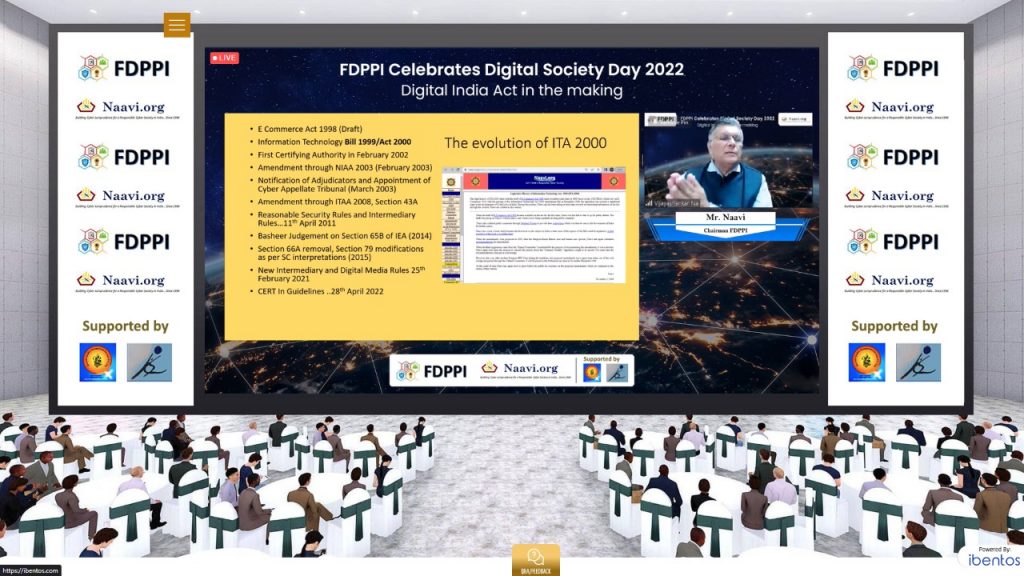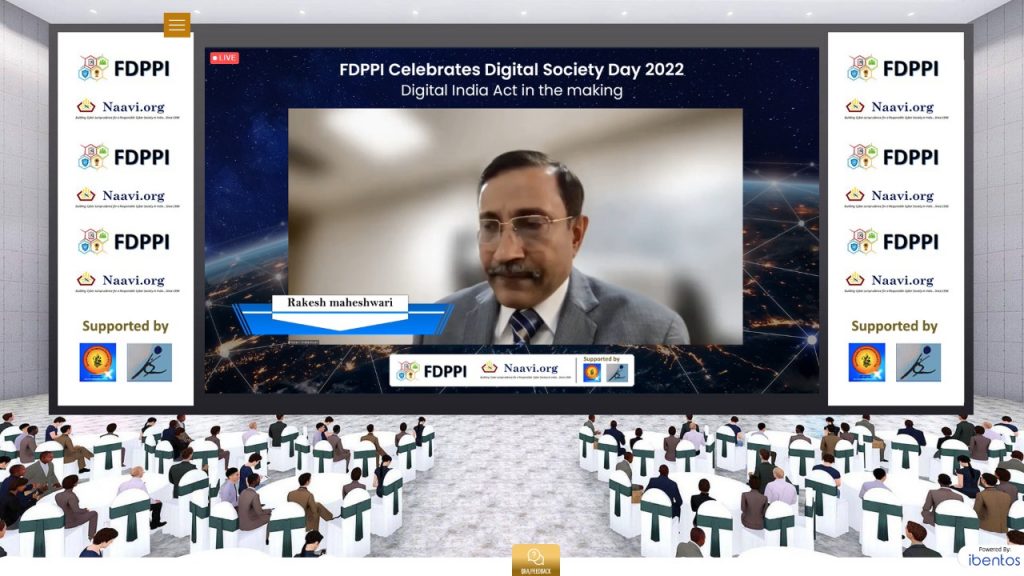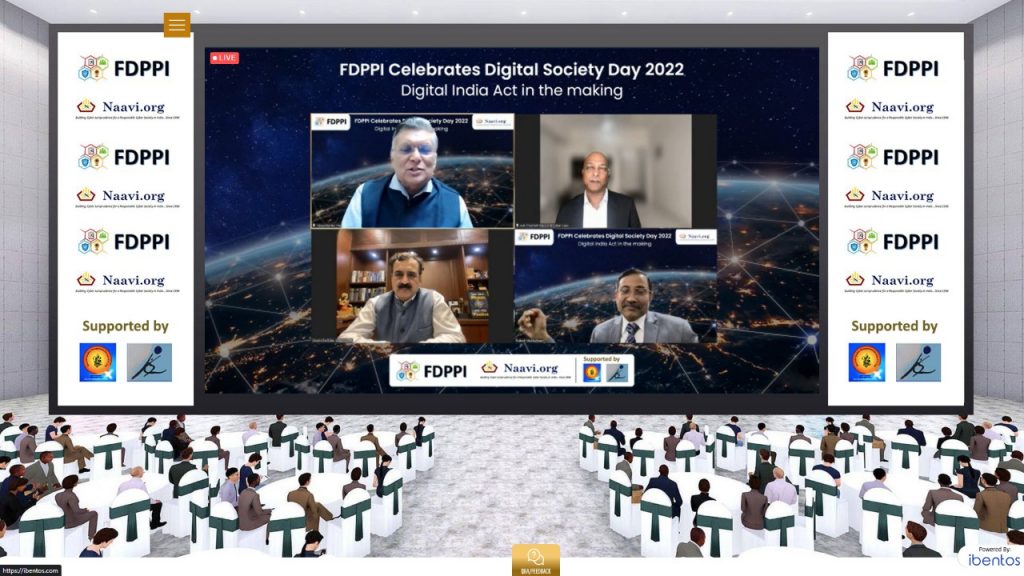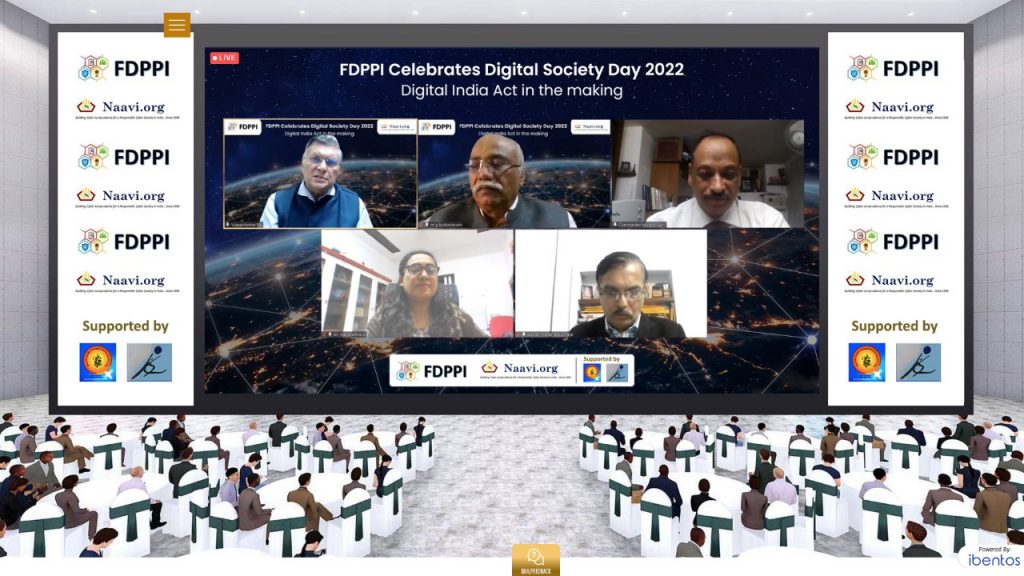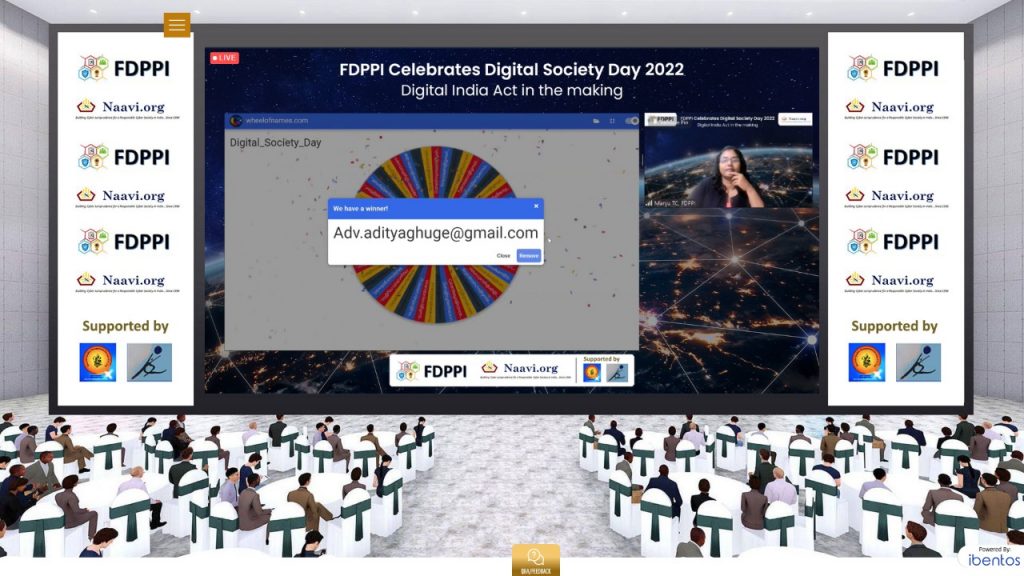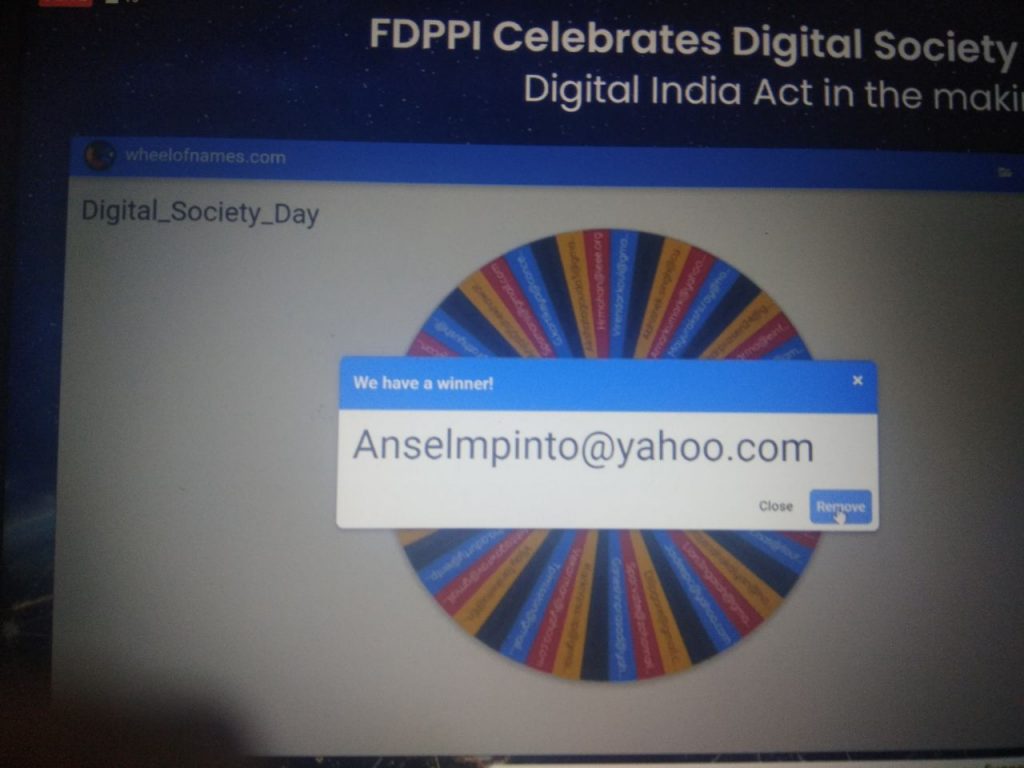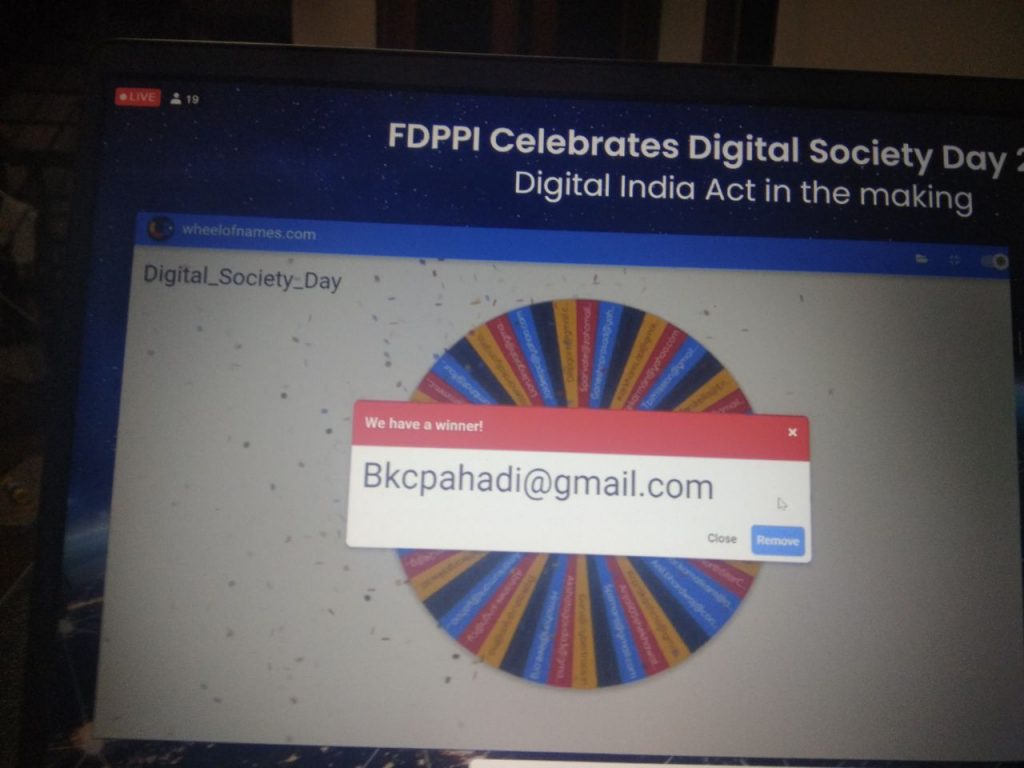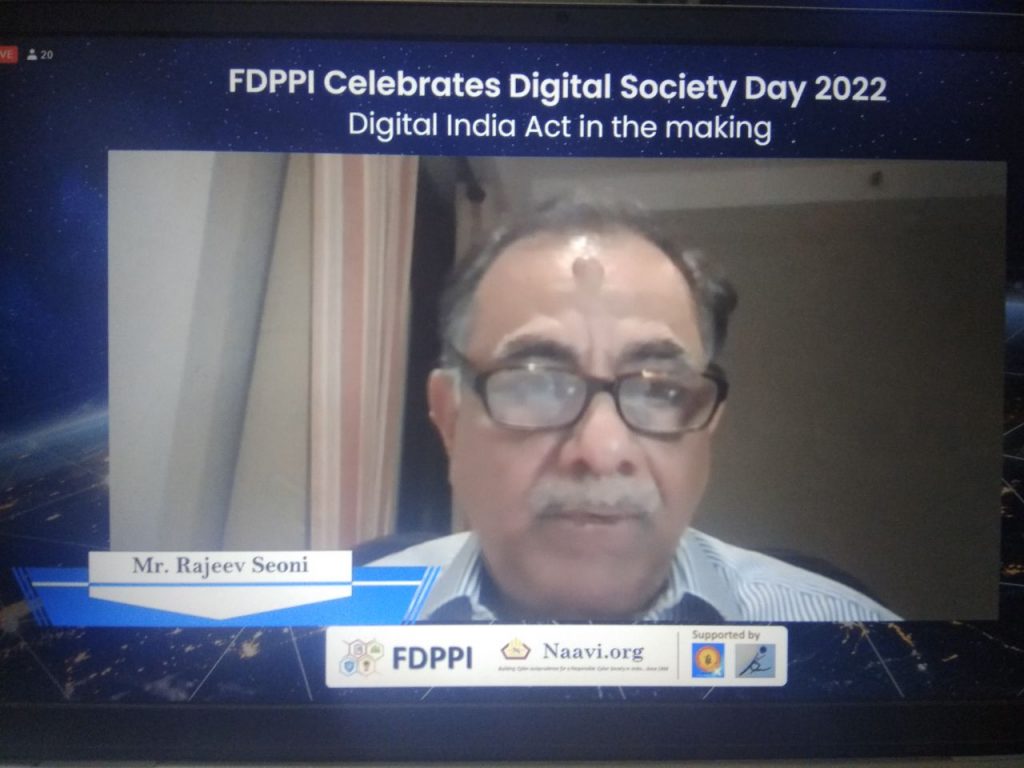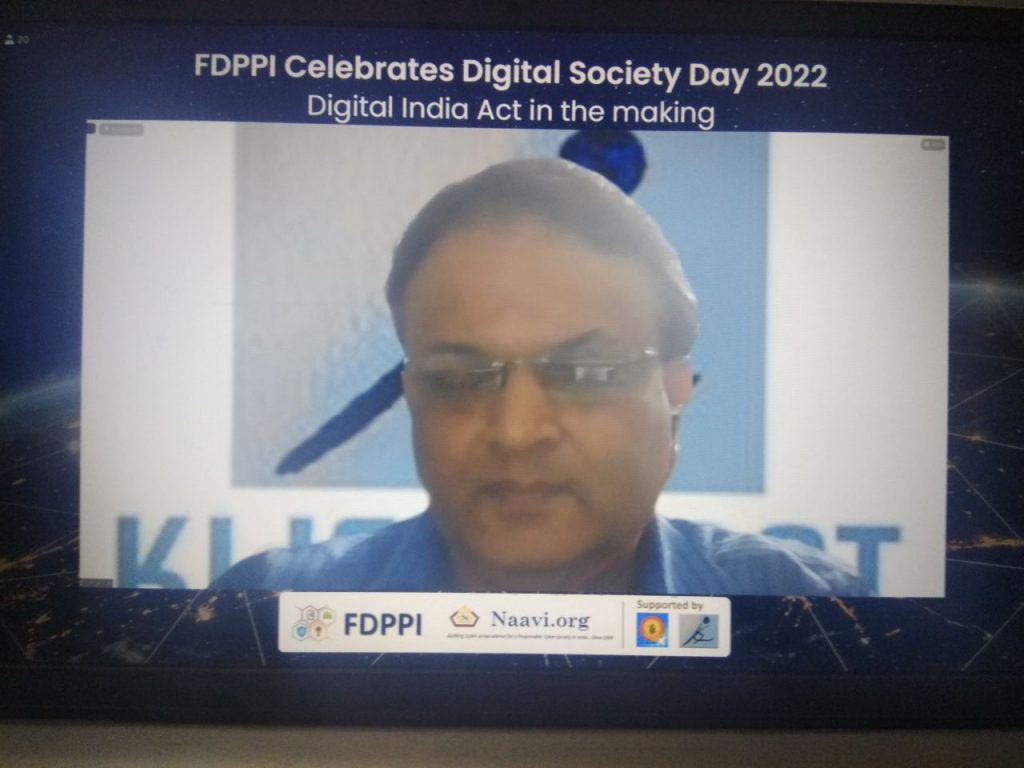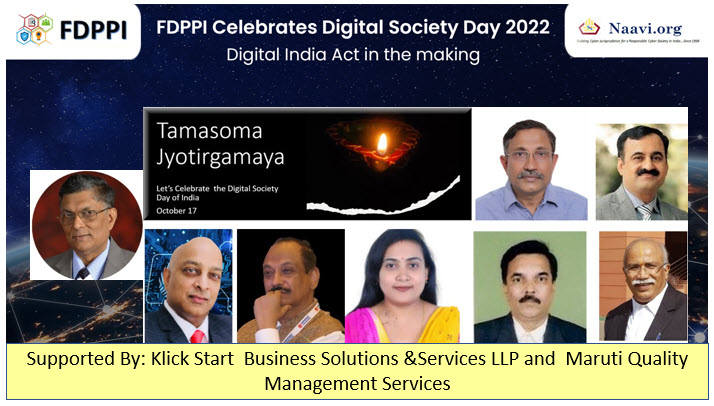At a time there are discussions about ITA 2000 being revamped and replaced with a new version of a Digital India Act, a major amendment has been made to the ITA 2000 through a Gazette Notification
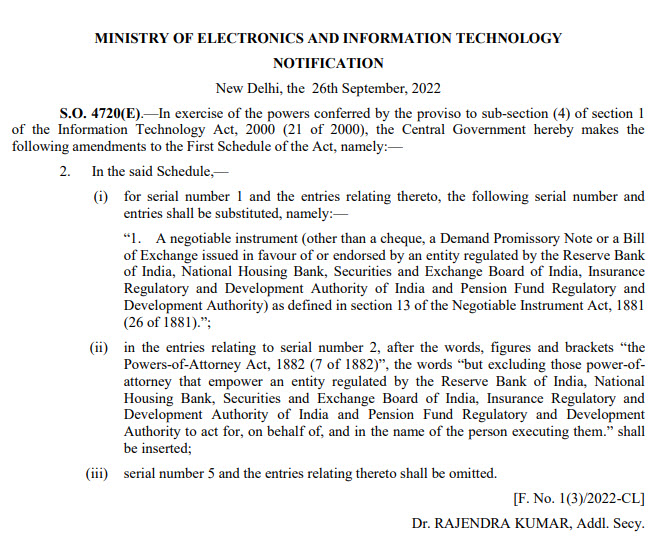
Though this appears to be a small notification, it significantly expands the applicability of the ITA 2000.
Presently Schedule I of ITA 2000 lists the following 5 types of documents to which the act does not apply:
- A Negotiable Instrument (Other than a cheque) as defined in Section 13 of the Negotiable Instruments Act 1881 (26 of 1881
- A Power of Attorney as defined in section 1A of the Power of Attorney Act 1882 (7 of 1882)
- A trust as defined in section 3 of the Indian Trusts Act, 1882 (2 of 1882)
- A will as defined in clause (h) of section 2 of the Indian Succession Act, 1925 (39 of 1925) including any testamentary deposition whatever name called
- Any contract for the sale or conveyance of immovable property or any interest in such property
The Modified Schedule I states as follows:
- A negotiable instrument (other than a cheque, a Demand Promissory Note or a Bill of Exchange issued in favour of or endorsed by an entity regulated by the Reserve Bank of India, National Housing Bank, Securities and Exchange Board of India, Insurance Regulatory and Development Authority of India and Pension Fund Regulatory and Development Authority) as defined in section 13 of the Negotiable Instrument Act, 1881 (26 of 1881).”
- A Power of Attorney as defined in section 1A of the Power of Attorney Act 1882 (7 of 1882), “but excluding those power of attorney that empower an entity regulated by the Reserve Bank of India, National Housing Bank, Securities and Exchange Board of India, Insurance Regulatory and Development Authority of India and Pension Fund Regulatory and Development Authority to act for, on behalf of, and in the name of the person executing them.”
- A trust as defined in section 3 of the Indian Trusts Act, 1882 (2 of 1882)
- A will as defined in clause (h) of section 2 of the Indian Succession Act, 1925 (39 of 1925) including any testamentary deposition whatever name called
- (Omitted)
Implications
The type of documents mentioned in this schedule are excluded from the applicability of the Act. Since the Act includes section 4 on “Recognition ” of documents as equivalent to paper documents, those documents omitted from the Act through this schedule have no legal recognition in electronic form.
The documents which are “Excluded” from Schedule I are within the provisions of the Act and will carry legal recognition.
Hence when Schedule I stated “Negotiable Instrument” as an excluded item in the original ITA 2000, it meant that Cheque, Bill of Exchange and Promissory Note in electronic form were not recognised in law. In February 2003, Negotiable Instruments Act 1881 was amended to introduce Truncated Cheques and Cheques in Electronic form. Simultaneously the Schedule I of ITA 2000 had been amended to include the words (Other than the cheque) in item 1. Hence Cheques in electronic form and Truncated cheques (scanned form of written cheques) were considered legally equivalent to the corresponding physical instruments.
With this amendment, a class of one class of Demand Promissory Notes and Bill of Exchange namely those
” Issued in favour of ” or “Endorsed by”
“an entity regulated by” RBI, NHB, SEBI, IRDAI, Pension Fund Regulatory and Development Authority (PFRDA)
have been brought into the category of legally valid electronic documents.
However, Demand Promissory Notes and Bills of Exchange issued or endorsed by other entities still remain outside the Act. Similarly a Promissory Note which is not a “Demand Promissory Note” (Payable after a date of maturity) could be considered as not a “Demand Promissory Note under this schedule” (Subject to interpretation).
If an instrument (Bill of Exchange or Promissory Note has been issued by an entity other than the privileged entities mentioned in the schedule, if “Endorsed” by a privileged entity (RBI, SEBI, NHB, IRDAI, PFRDA etc) becomes legally recognized.
This part of the impact of this amendment (A Midas touch !) appears to be legally debatable and provides an authority to these agencies to give a “recognition as a negotiable instrument” to an instrument which was earlier not a negotiable instrument (A document which by wording was a promissory note or bill of exchange but expressed as an electronic document).
This notification requires an amendment of NI Act to introduce a new category of instruments as Negotiable Instruments under Section 13 of NI Act.
We must remember that the Negotiable Instruments Act does not end with the definition of Promissory Note, Bill of Exchange and Cheque under Sections 4, 5 and 6 read with Section 13.
A Negotiable Instrument is characterised by the property of being able to create a “Holder in Due Course” which incorporates the principles of “Indorsement” and “Delivery”. It involves “Possession” of the instrument, and transfer of possession with an intention to make the transferee, owner there of. The definition of an “Indorsement” under Section 15 of NI act itself is dependent on “Signing on the back of the cheque or on a piece attached thereto (allonge)”.
Concept of “Endorsement” of an Electronic Promissory Note or Bill of Exchange (as per the schedule I) is therefore inconsistent with NI Act.
Further Bills of Exchange are documents which are compulsorily required to be stamped and an instrument in electronic form but considered as Bill of Exchange needs further changes in other laws.
A Bill of exchange is also associated with concepts of “Presentment” and “Acceptance” to determine the due date and “Presentment” involves “Delivery” and hence in an electronic form, there are several other issues which need to be taken together to interpret an electronic negotiable instrument and how it can be used.
“Holder’s Right to a duplicate Bill” also may create a conflict when electronic copies may be available of the Bill.
The Government appears to have not considered the impact of this notification on Negotiable Instruments Act and whether a new class of negotiable instruments can be created through a notification under ITA 2000 instead of an amendment to NI Act.
In other words, it can be argued that this notification is ultra vires the NI Act
Again, the amendment to the notification regarding Power of Attorney creates a category of Powers of Attorney that empower the privileged entities namely the RBI, NHB, SEBI ,IRDAI and PFRDA.
This could have been better addressed through an amendment of the Power of Attorney Act.
It is also surprising that TRAI (which may be replaced by a new Telecom Regulator) is missing from the list of privileged institutions.
The removal of serial item number 5 opens up the use of electronic documents in transactions involving immovable properties and transfer of interest there-in. This introduces a serious element of Fraud risks in registration of property documents since many of the practices used by the Registration department donot meet the security and legal requirements of authentication and evidentiary recording of the transactions.
In summary it appears that the Notification has not taken into consideration the legal validity of the notification and the new risks that will introduce on the community.
Criminals will now focus on how to get properties transferred in the Registrar’s office without a genuine authentication from the erstwhile owners and there will be a chaos in the real estate market bigger than the Telgi Scam.
I wish the Government re-thinks on this notification to avoid the complications.
Naavi


 Naavi introduced the service under “lookalikes.in” precisely for this purpose where a third party certified disclaimer can be visibly posted on the website.
Naavi introduced the service under “lookalikes.in” precisely for this purpose where a third party certified disclaimer can be visibly posted on the website.

